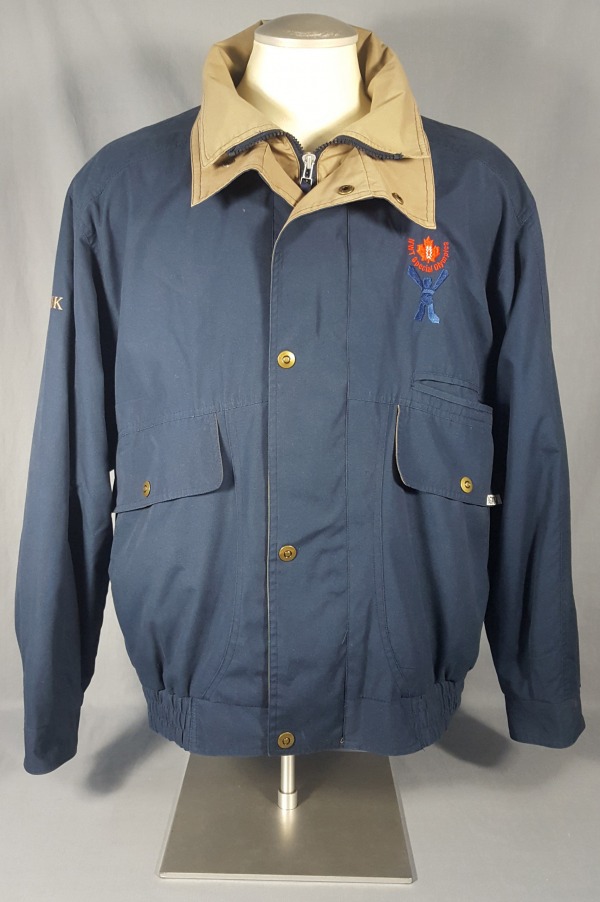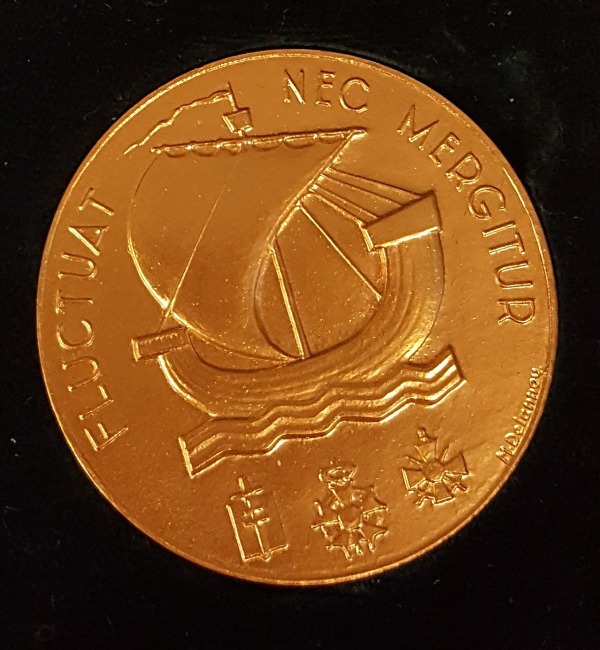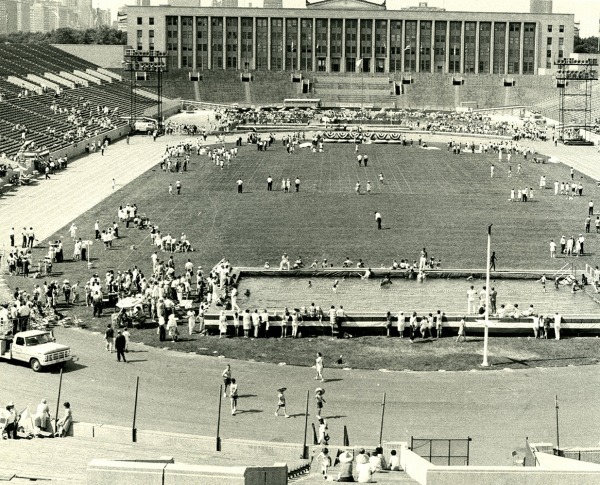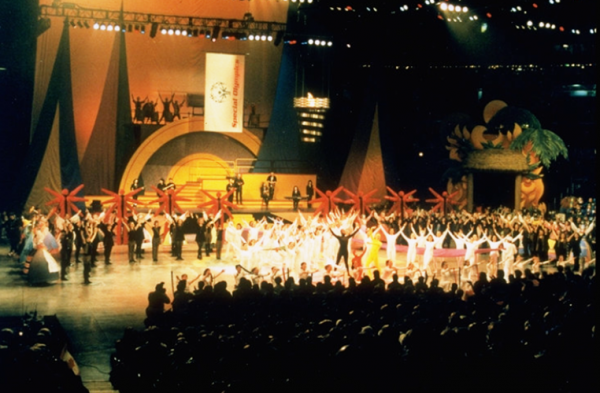Home | Major Sporting Events | Special Olympics
History of Special Olympics
PreviousNext
The early 60's marked the beginning of Special Olympics. Eunice Kennedy Shriver opened a summer day camp at her home in Maryland for children with intellectual disabilities to realize their capabilities in sports and physical activities.
At the same time, a group of students at the Beverley School, an inner-city school in Toronto, Ontario, were working with Dr. Frank Hayden, a sport scientist at the University of Toronto. Dr. Hayden was studying the effects of regular exercise on the fitness levels of children with an intellectual disability.
Dr. Hayden's research was groundbreaking, and challenged the prevailing mindset of the day - one that claimed that it was the disability itself that prevented individuals with an intellectual disability from fully participating in play and recreation. Through rigorous scientific method, Dr. Hayden proved that it was simply the lack of opportunity to participate that caused their fitness levels to suffer. Given the opportunity, people with an intellectual disability could acquire the necessary skills to participate in sport, and become physically fit.
His research and his proposal for a national sport competition would catch the attention of Eunice Kennedy Shriver, and serve as inspiration for the inaugural competition in 1968 in Chicago, Illinois, on Soldier Field.
Since 1968, the Special Olympics movement has grown to more than 4.5 million athletes in 170 countries. In Canada, there are currently more than 42,000 athletes with an intellectual disability registered in year-round programs across Canada. They are supported by more than 20,000 volunteers, including more than 15,700 trained coaches.
We are proud that, for more than 40 years, we have delivered one clear global message: people with an intellectual disability can and will succeed in life if given the opportunity.

Frank Hayden received this jacket as a gift on a visit to consult for and accredit Special Olympics Northwest Territories (SONWT) in Yellowknife. In 1989 SONWT was founded with just four athletes in bowling. It has now grown to Govern more than forty-five athletes competing in eight sports.
Collection: Courtesy of Dr. Frank Hayden

In 1981, Frank Hayden was awarded "the Medal of the City of Paris" from Paris mayor Jacques Chirac for his role in creating the Special Olympics. Hayden's commitment to creating programs, supporting athletes, and growing the Special Olympics in France and Europe was truly amazing.
Collection: Courtesy of Dr. Frank Hayden

On July 20, 1968, the very first International Special Olympic Games were held at Soldier Field in Chicago, Illinois, spearheaded by Eunice Kennedy Shriver. It was a one day event, with three sports, track and field, swimming, and floor hockey and a thousand participants from the United States of America and Canada.
Collection: Courtesy of Dr. Frank Hayden

The first Canadian National Special Olympics Game was held in Toronto on June 9, 1969. 1,400 participants came from across Canada to compete. The track and field events were held at the Canadian National Exhibition grounds, floor hockey at Maple Leaf Gardens, and swimming events at the Jim Vipond pool at Beverley School where Hayden did his original research with students with intellectual disabilities.
Collection: Courtesy of Dr. Frank Hayden
Previous Next


